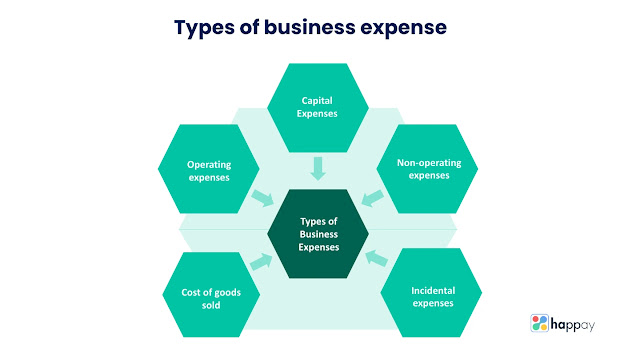Introduction
Business owners have many expenses to pay for, but which ones are the biggest? The answer depends on your business model. For example, if you own a small business with just one employee and no advertising budgets or other large expenses, then payroll is likely going to be your biggest expense. On the other hand, if you run a huge corporation with hundreds of employees and spend millions on advertising each year then that might not be true.
Advertising
Advertising is the use of paid messages to inform or persuade an audience. Advertising can be used to boost sales, increase brand awareness, or promote a product or service.
Advertising can also be used to generate leads and increase traffic to your website
Payroll
Payroll is a major expense for most businesses, but the cost of payroll can vary significantly based on company size. For example, large businesses may have a dedicated team for Business Expense management to handle their payroll needs and manage the accounts receivable process; small businesses may hire an outside company to process their payroll.
While this may sound like an easy-to-understand explanation of why it's important for you to know what your employees make (and how much), there are also other factors that come into play when determining pay rates: whether or not your business offers benefits; how much experience the employee has; whether or not they've been with the company long enough to qualify for raises along with promotions within their position level (such as management positions).
Office supplies
Office supplies are one of the most frequent areas of business spending. They include items like pens and pencils, paper and printer cartridges, office furniture and equipment like computers, printers and the internet.
Office supplies can be expensive because they're so necessary for running your business; however, there are ways you can save money on these expenses by following some simple tips:
Buy in bulk when possible. Buying in bulk will save you money by making it easier for you to manage your inventory levels through reusing old boxes or buying smaller quantities of new things like ink cartridges at a lower price per unit than purchasing them individually from online retailers (or even having someone else order them). You should also consider whether or not buying in bulk is worth it for their storage space requirements when storing all those extra boxes after using up their contents--you could end up with more clutter than necessary!
Real estate and buildings
Rent or mortgage payments
You'll also need to consider how you're going to pay for your real estate. Are you going to use a loan, or do you want to pay off the mortgage in full? If so, how long will it take before the property is paid off?
Taxes and other fees associated with owning an asset like this can add up quickly if they aren't taken into account when making decisions about where and how much money should be spent on these items.
Other expenses
Other expenses include:
Travel
Training, including conferences and seminars. You need to pay staff who are going to be educating your customers, so it's good to budget for this when you're planning your budget.
Employee benefits (e.g., health insurance and pensions). If employees work from home or telecommute, these costs will be higher than if they were in-office employees as well as more often on top of their salary; it's important that these are included in the calculation of profit margin percentage so that you know how much profit margin represents what portion of sales revenue being allocated towards other expenses like travel/training/employee benefits/etc..
Health insurance plans can be tricky because there are many different types available depending on where you live; most small businesses opt for COBRA coverage which allows them access to affordable premium rates while waiting for their employer sponsored option(s) such as Kaiser Permanente coverage via HMO membership plan (HMOs), Blue Cross & Blue Shield plans (BCBS), Medicaid HMOs etc..
Business owners have many expenses to pay for, but which ones are the biggest?
As with any business, the biggest expenses for most businesses are advertising and payroll. These two areas of spending account for more than half of the total costs of running any business.
Other common expenses include office supplies, real estate/buildings and insurance.
Conclusion
Business owners are always looking for ways to save money and make their businesses more efficient. With each of these areas, it’s important to consider how much each one cost in total so that you can make the best decision when choosing which one is most important.





.jpg)
